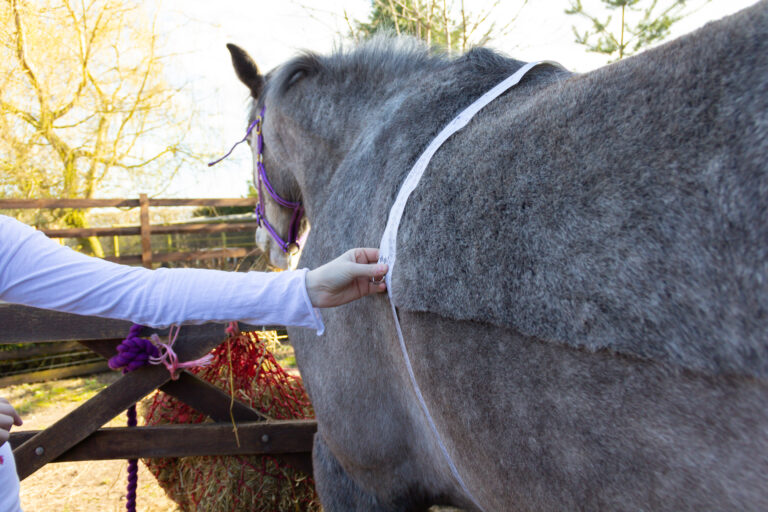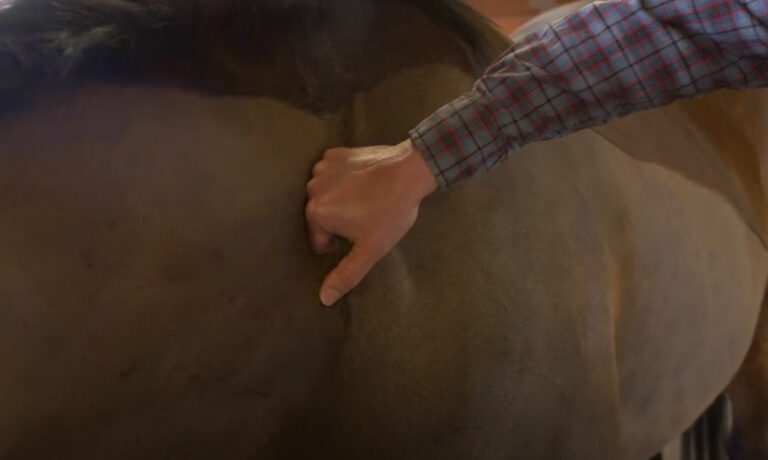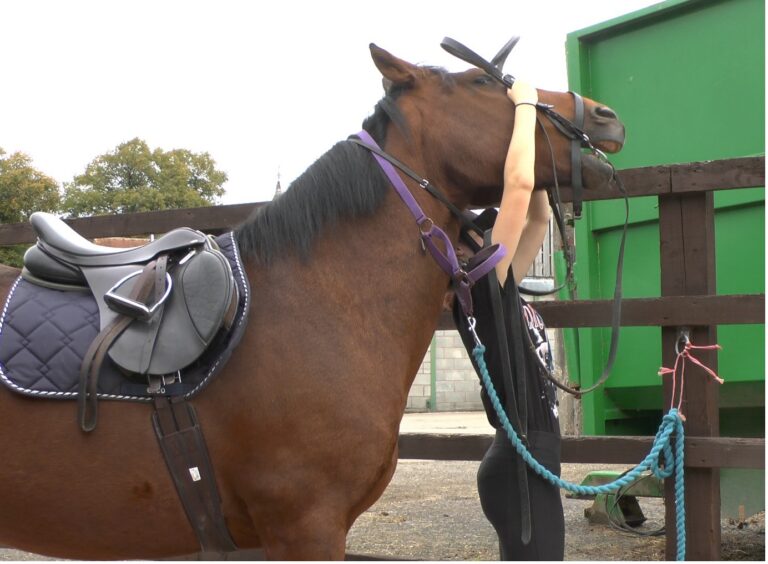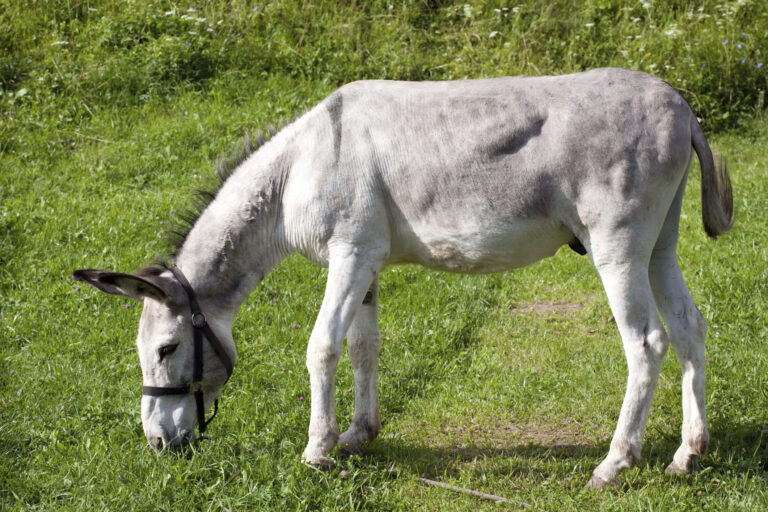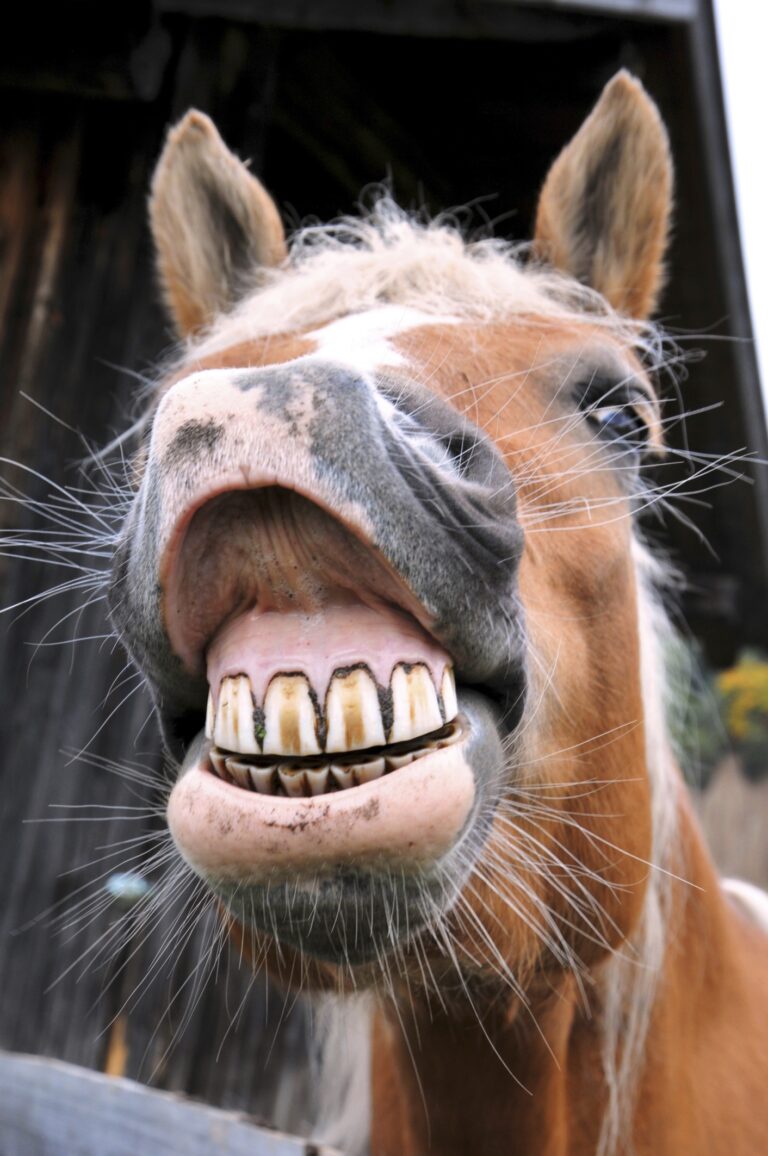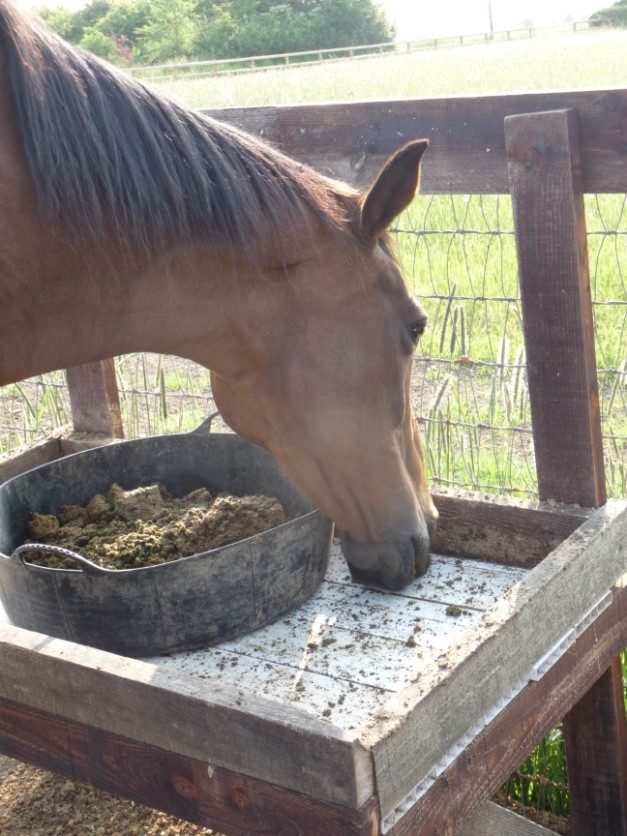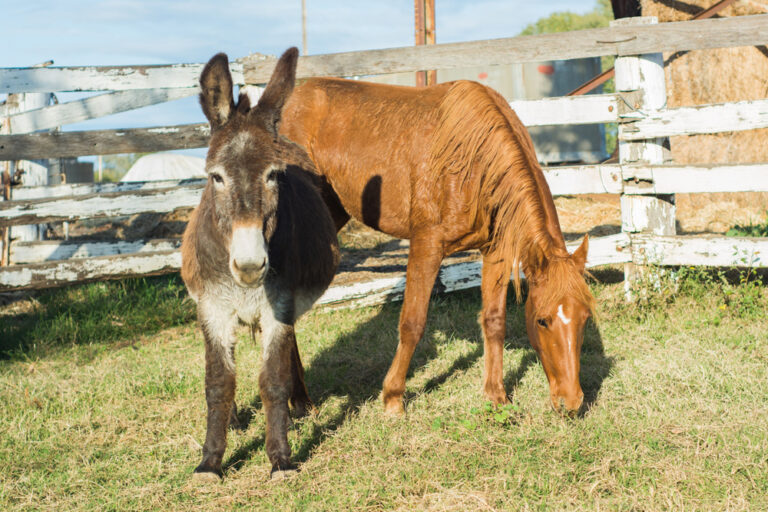In this video, Dr. Yvette Nout-Lomas talks about the applications for—and risks associated with—giving your horse phenylbutazone, most commonly known as ‘bute.’
(Editor’s note: The content of this video is the expert’s approach to the topic. Please consult with your practitioner if you have questions.)
What is ‘Bute’
Phenylbutazone, or ‘bute’, is a non-steroidal anti-inflammatory drug (NSAID). This class of drugs includes things such as aspirin and ibuprophen in people.
Bute works by reducing cyclooxygenase (COX) enzyme activity. Because of that, phenylbutazone reduces pain, inflammation, and fever in horses.
Phenylbutazone is commonly administered to equids. It can be given orally or intravenously.
Drug Cautions
Phenylbutazone can cause health issues in horses if given at too high of a dose or for too long a period of time. The drug can cause problems in the kidneys or GI tract. Extreme issues can include kidney damage or failure.
Owners should consult with their veterinarians before using bute. This is especially true if the horse is getting other NSAIDs or antibiotics.
Make sure to watch these other videos from MySeniorHorse.com:
- How to Safely Hold a Horse for the Vet or Farrier
- How to Take a Horse’s Respiratory Rate
- How to Wrap a Horse’s Hoof
- How to Remove a Loose Shoe
- How to Take a Horse’s Pulse and Digital Pulse
- How to Recognize and Treat Thrush
- How to Give Oral Medications
Further Reading
Anti-Inflammatories in Horse Barns. Dr. Nancy Loving. MySeniorHorse.com
-
Editors of My Senior Horse are journalism professionals, most of whom are lifelong horse owners.View all posts



